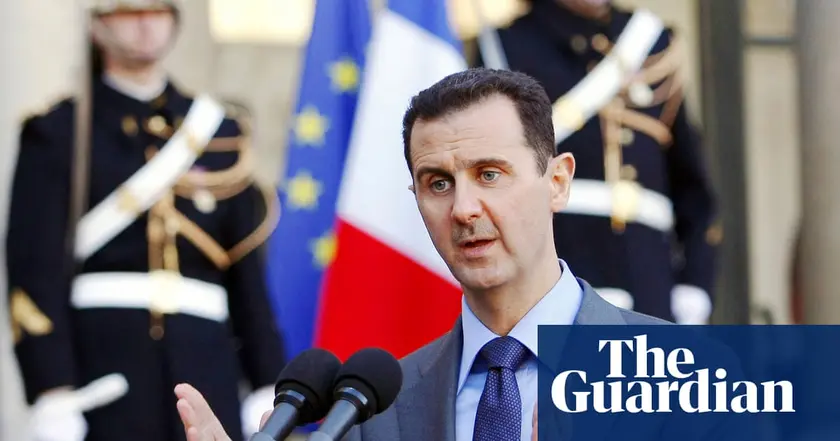T4K3.news
Protests raise questions over anti-terror laws
Mass detentions linked to a banned protest group prompt questions about the use of terrorism powers and civil liberties in the coming weeks.
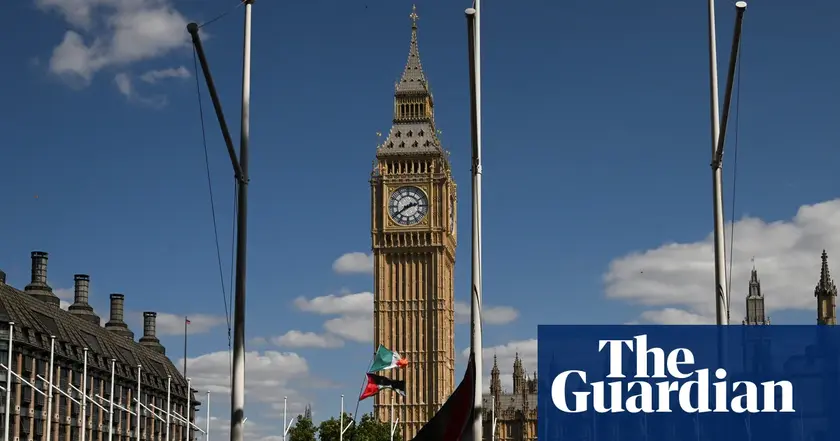
A simmering clash over a terrorist act ban and the group’s methods tests government arguments and court disclosures.
Palestine Action co-founder accuses ministers of defamatory claims
Over the weekend, 532 people were detained under the Terrorism Act after protests linked to Palestine Action. Officials say the group’s actions have crossed lines into violence, while Palestine Action co-founder Huda Ammori argues the government is misrepresenting the group and contradicting its own intelligence assessments. Court documents reveal that the Joint Terrorism Analysis Centre concluded Palestine Action does not advocate violence against people and that most of its actions would not be classified as terrorism, a finding Ammori says undercuts ministerial claims.
Defend Our Juries, which has supported Palestine Action demonstrations, notes that Whitehall officials described the ban as a novel move with no clear precedent for proscribing a group mainly for property damage. The status of charges remains unsettled. Magistrates and crown courts may both be involved, and most cases are expected to proceed under section 13 of the Terrorism Act. A September protest is planned, hinting at a broader confrontation between protesters and the state.
Key Takeaways
"Yvette Cooper and No 10’s claim that Palestine Action is a violent organisation is false and defamatory and even disproven by the government’s own intelligence assessment of Palestine Action’s activities"
Ammori argues government claims contradict its own data
"Palestine Action does not advocate for violence against persons"
JTAC assessment cited in court
"It is despicable that under political pressure, Yvette Cooper is now actively misleading the British public about the nature of Palestine Action, knowing that if people come to their defence to counter her disinformation, she can have them jailed for 14 years"
Defend Our Juries critique of the government
"Common tactics include graffiti, petty vandalism, occupation and lock-ons"
JTAC report describes group tactics
The episode underscores a broader tension between security rhetoric and civil liberties. The government cites the need to curb extremism while court disclosures show a nuanced picture of Palestine Action’s tactics. By framing the group as a violent threat, officials risk normalizing wide detentions that affect peaceful protesters and older participants. The episode also highlights the strain in the justice system as it absorbs a surge in potential jury trials, testing resources and public confidence in due process. As the legal process unfolds, observers will watch whether intelligence assessments align with police narratives and how courts balance security with protest rights.
Highlights
- Spraying red paint on war planes is not terrorism
- Disrupting Elbit Systems is not terrorism
- The real terrorists are the arms dealers
- Palestine Action does not advocate violence
Political sensitivity and civil liberties risk
The mass arrests under terrorism powers raise concerns about due process, proportionality, and potential chilling effects on peaceful protest. Government claims clash with disclosed intelligence, risking public backlash and legal challenges.
The outcome will shape how much space is allowed for protest in a security mindset.
Enjoyed this? Let your friends know!
Related News
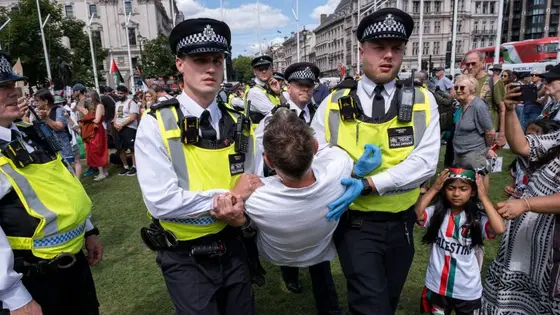
London arrests 466 protesters after Palestine Action ban
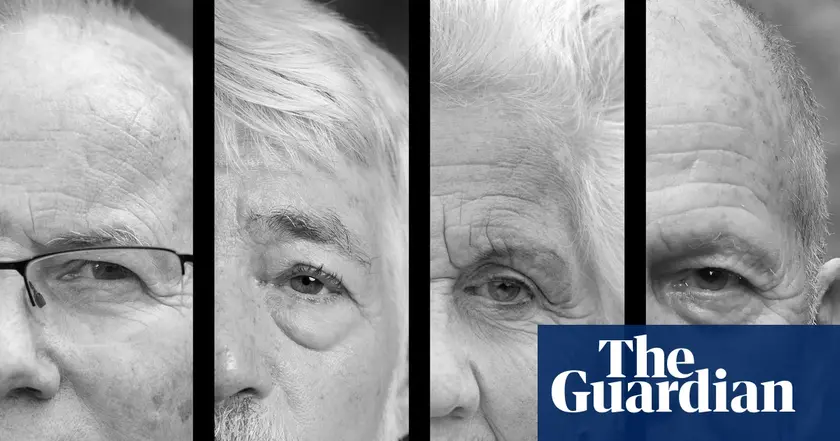
Protesters defend free speech amid anti-terror ban
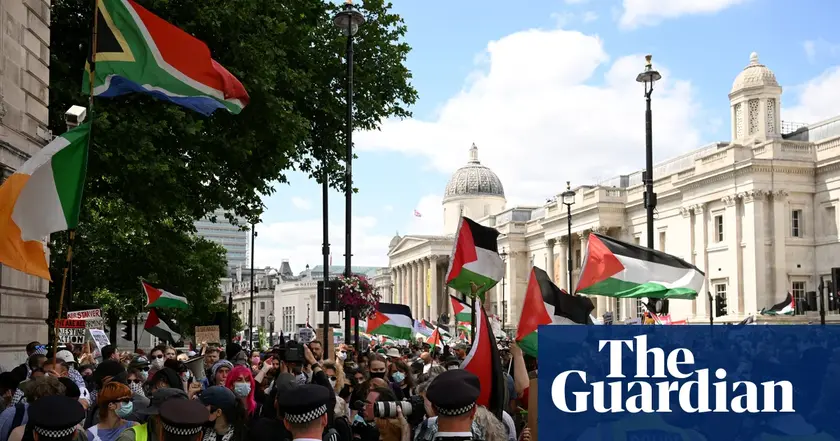
Protest rights under new UK terrorism designation
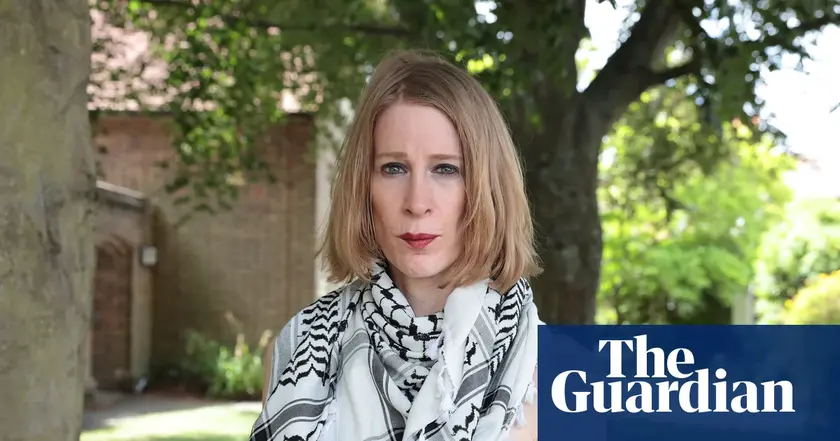
Pro-Palestine protester sues Kent police
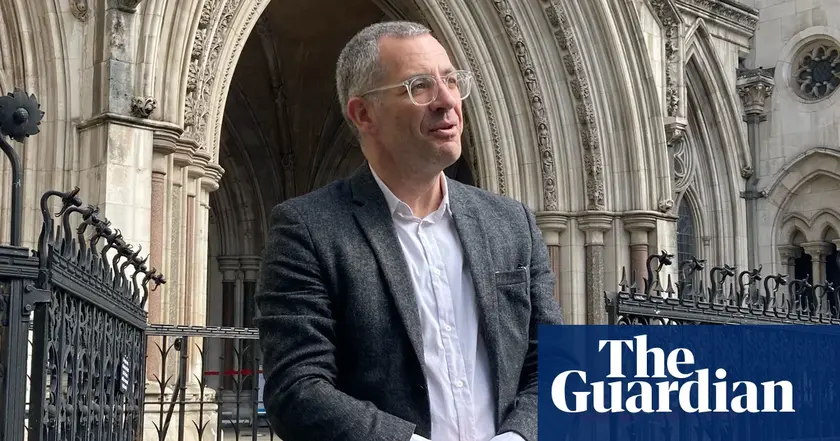
Pro test and law collide as former insider joins protests
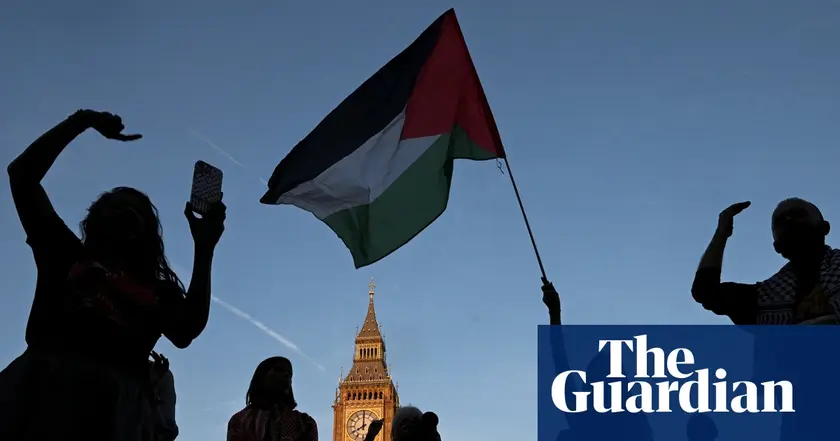
Labour peers question Palestine Action ban
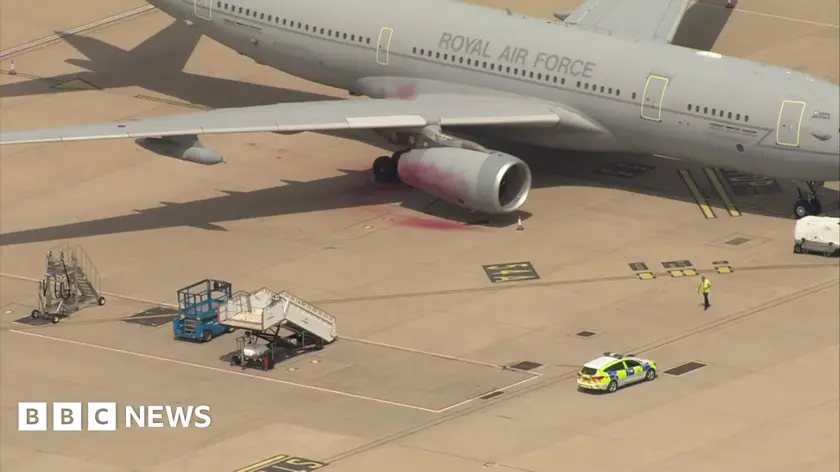
New arrest made in RAF Brize Norton break-in case
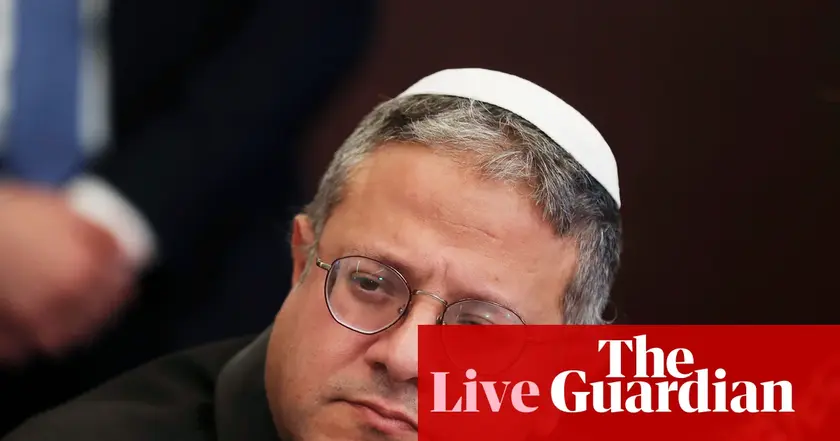
Israeli minister confronts Palestinian detainee in prison clip
